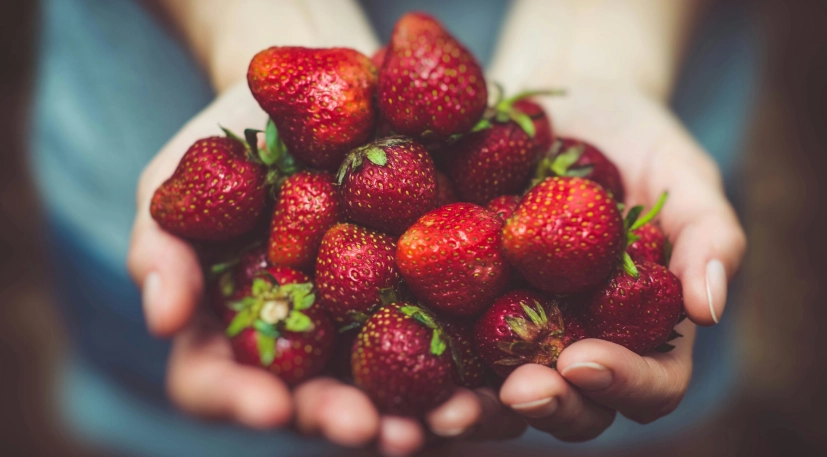
Personalized Nutrition: What Your DNA Says About Sugar, Coffee, and Alcohol

Why do some people digest everything… while others can’t?
You’ve probably seen this before: your colleague downs a double espresso at 10 p.m. and falls asleep instantly, while you can’t close your eyes if you’ve had a single coffee after 2 p.m. Or that friend who never gains weight despite a sweet tooth, while you have to keep a close eye on every dessert. And let’s not forget those who turn red after a single glass of wine, while others seem to handle endless drinks.
These differences are not just a matter of habit or luck. They are also written in our DNA. Genetics influences how our bodies process sugar, caffeine, and alcohol. Let’s take a closer look.
DNA and sugar metabolism
Sugar isn’t just a treat — it’s also a vital source of energy for the body. But not everyone reacts to it in the same way. Certain genes, like TCF7L2, influence insulin sensitivity and the way glucose is regulated in the blood.
In practice, this means that two people following the exact same diet may experience very different metabolic responses. Someone genetically predisposed to poor sugar regulation has a higher risk of developing type 2 diabetes or gaining weight, even if their diet looks “reasonable.”
The good news? Knowing your genetic profile makes it possible to adapt your nutrition: adding fiber, eating smaller meals more frequently, focusing on foods with a low glycemic index… In short, turning a vulnerability into a tool for prevention.
DNA and caffeine: the CYP1A2 gene
Why do some people swear by their morning coffee while others need to avoid it? The answer often lies in the CYP1A2 gene, which regulates how quickly our body breaks down caffeine.
- Fast metabolizers: caffeine is broken down quickly, and the stimulating effect doesn’t last long. These people can enjoy several coffees a day without much issue.
- Slow metabolizers: caffeine stays in the body longer, which increases the risk of anxiety, sleep problems, and even — in some cases — cardiovascular issues.
Knowing whether you’re a “fast” or “slow” metabolizer changes everything: it helps you adjust how much coffee, energy drinks, or even chocolate you consume so you can stay in tune with your body.
DNA and alcohol tolerance
Alcohol is another clear example of genetic variability. Two genes in particular play a major role: ADH1B and ALDH2.
- Some variants of the ADH1B gene speed up the conversion of alcohol into acetaldehyde (a toxic compound).
- If the ALDH2 gene also functions poorly, acetaldehyde builds up, causing flushing, palpitations, and discomfort after just a few sips.
This is the well-known “Asian flush,” very common in East Asia — but these variations exist all around the world. They also affect alcohol-related risks, especially for the liver and digestive system.
Once again, knowing your genetic profile isn’t a ban — it’s an invitation to drink with moderation and awareness.
From genetics to personalized nutrition
Our genes are not rigid verdicts, but valuable insights. A DNA test can reveal whether you should:
- pay closer attention to sugar intake,
- watch how your body reacts to caffeine,
- be more cautious with alcohol.
With this knowledge, you can adjust your diet, improve your sleep, and make healthier choices for your long-term well-being.
At Adnà, we believe DNA is a compass: it doesn’t dictate your path, but it helps you navigate it.
Conclusion
DNA shapes how we react to three substances we encounter almost daily: sugar, coffee, and alcohol. Understanding these predispositions gives us the power to prevent, adapt, and thrive.
So next time you share a coffee or a glass of wine, remember: your body isn’t reacting at random — it’s following a script written in your genes.
Your DNA has answers.
Other Journal : Files
VIEW MORE



